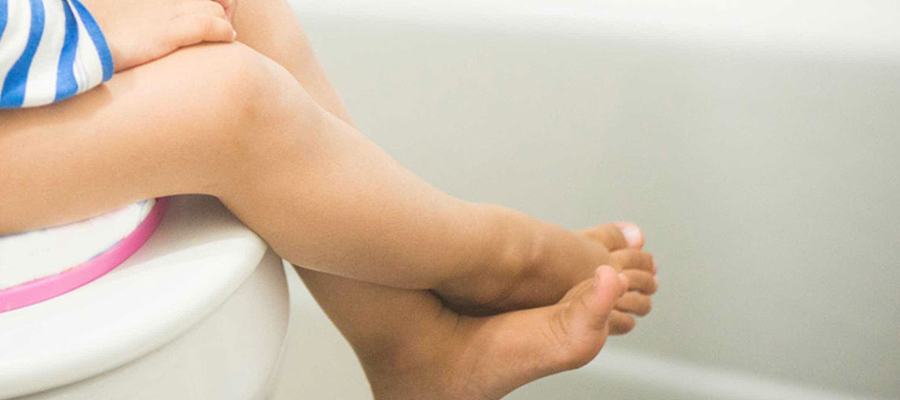
Estimated reading time: 2 minutes and 53 seconds
Rectal Polyp Treatment in Children
Comprehensive Rectal Polyp Treatment for Children at Aktif International Hospitals
Rectal polyps in children can be concerning for parents, but with prompt diagnosis and appropriate treatment, most cases can be effectively managed. At Aktif International Hospitals, our pediatric gastroenterologists specialize in the diagnosis and treatment of rectal polyps in children, providing compassionate care and personalized treatment plans to ensure the best possible outcomes for our young patients.
Frequently Asked Questions
What are rectal polyps, and what causes them in children?
Rectal polyps are growths that develop in the lining of the rectum, the lower part of the large intestine. In children, rectal polyps can be either benign (non-cancerous) or, in rare cases, malignant (cancerous). The exact cause of rectal polyps in children is not always clear, but they may be associated with certain genetic conditions, inflammatory bowel disease, or a family history of polyps or colorectal cancer.
What are the symptoms of rectal polyps in children?
Rectal polyps in children may not always cause symptoms, especially if they are small. However, larger polyps or those located closer to the anus may cause symptoms such as:
- Rectal bleeding
- Blood in the stool
- Changes in bowel habits (constipation or diarrhea)
- Abdominal pain or cramping
- Anemia (low red blood cell count)
It’s essential for parents to be vigilant for any signs or symptoms of rectal polyps in their children and seek medical attention if they have concerns.
How are rectal polyps diagnosed in children?
Diagnosing rectal polyps in children typically involves a combination of medical history review, physical examination, and diagnostic tests, including:
- Digital rectal examination: A healthcare provider may perform a physical examination to feel for any abnormalities in the rectum.
- Flexible sigmoidoscopy or colonoscopy: These procedures allow the gastroenterologist to visualize the inside of the rectum and colon and identify any polyps or other abnormalities.
- Biopsy: During a sigmoidoscopy or colonoscopy, the gastroenterologist may take tissue samples (biopsies) from any suspicious areas for further evaluation under a microscope.
What are the treatment options for rectal polyps in children?
The treatment for rectal polyps in children depends on several factors, including the size, number, and location of the polyps, as well as whether they are benign or malignant. Treatment options may include:
- Polypectomy: In many cases, small rectal polyps can be removed during a sigmoidoscopy or colonoscopy using specialized instruments.
- Surgical resection: Larger or multiple polyps may require surgical removal, especially if they are causing symptoms or if there is a concern for malignancy.
- Surveillance: After polyp removal, children may require regular follow-up appointments to monitor for recurrence or the development of new polyps.
Experience Expert Pediatric Gastroenterology Care at Aktif International Hospitals
At Aktif International Hospitals, our pediatric gastroenterologists are dedicated to providing expert care for children with rectal polyps and other gastrointestinal conditions. With a focus on personalized treatment and compassionate support, we work closely with families to ensure the best possible outcomes for our young patients. If you have concerns about your child’s gastrointestinal health or suspect they may have rectal polyps, schedule a consultation with us to receive expert evaluation and treatment tailored to their needs.
Author: Göksel Verim


 TR
TR FR
FR ES
ES RU
RU RO
RO